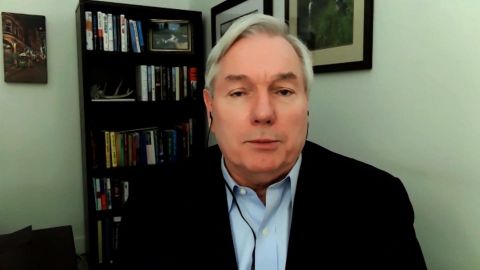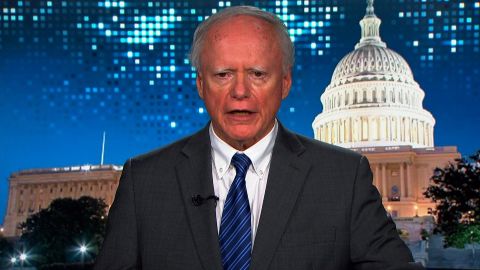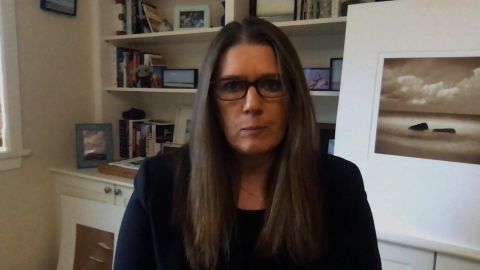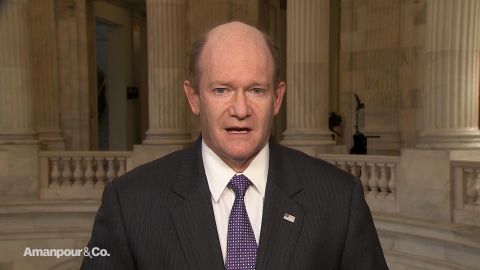Read Transcript EXPAND
JAMES JEFFREY, FORMER U.S. SPECIAL REPRESENTATIVE FOR SYRIA ENGAGEMENT: Set aside the politics. I looked at the policy. The policy of maximizing our military pressure to defeat ISIS, which was started by the Obama administration, to its credit, the Trump administration doubled down on. That was eventually my responsibility, I fully supported. Stopping Iran and Russia and Syria and putting pressure on the Assad regime to carry out a U.N. resolution that the Obama administration had put in place in 2015, I like that policy as well. I like pushing back against China in the South China Sea. I like stopping North Korea’s march towards an ICBM that’s capable and has been tested to strike the United States. And I like more support for Taiwan. And I like more U.S. and other NATO troops in the Baltics and right up against the Russian border. I like lethal weapons being sent to the Ukraine. These are all things that that administration has done. And so, on the ground — and that’s how other countries look at us. What are you doing to try to deal with the great power competitions we have with Iran, with Russia, with China? And they tend to work through the rhetoric and deal on the ground with us diplomats?
AMANPOUR: I have taken note of all the things you said. I just wonder whether you are concerned that, despite this unusual diplomacy between Trump and Kim Jong-un, nothing has happened? Yes, there haven’t been tests, but they in North Korea have ramped up their nuclear capability, rather than ramping it down. And I want to ask you specifically about ISIS, which was your brief. Yes, the caliphate, as far as you know, has been defeated, but the ideology apparently still has not. You saw these latest attacks, these terrorist attacks, in Europe, in Austria, in France claimed by ISIS recruits? How concerned are you about that?
JEFFREY: One, Christiane, I’m very concerned about it. And, secondly, as you know, because you were watching me and a lot of my fellow diplomats in action from 2001 on, we were scurrying around the world, reaching into various societies in the Islamic world, trying to change all of this. And we didn’t have a whole lot of success. This is going to be with us for a long time. We should try to change views in the Middle East. And we’re only talking about the views of 1 percent of the people in the Arab world, for example, but that 1 percent can create a lot of mayhem, as we saw with ISIS. But what we have to do is ensure, when it raises its head, we go after it with an international coalition, as we have put together, first under Obama, then under Trump, that’s now 82 countries and organizations’ strong. There are ways to do this. We know how to do this. We have been doing it for several administrations to deal with the symptoms of it. How to deal with the underlying problem, nobody has come up with an answer since 9/11, frankly.
About This Episode EXPAND
Sen. Chris Coons (D-DE) discusses President Trump’s refusal to concede the election. James Jeffrey discusses the international challenges that lie ahead for President-elect Joe Biden’s administration. Michael Osterholm, a member of Biden’s COVID task force, discusses the leadership the U.S. needs to fight the pandemic. Mary Trump explains how President Trump came to despise the concept of losing.
LEARN MORE



